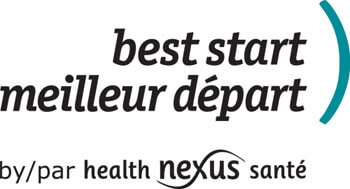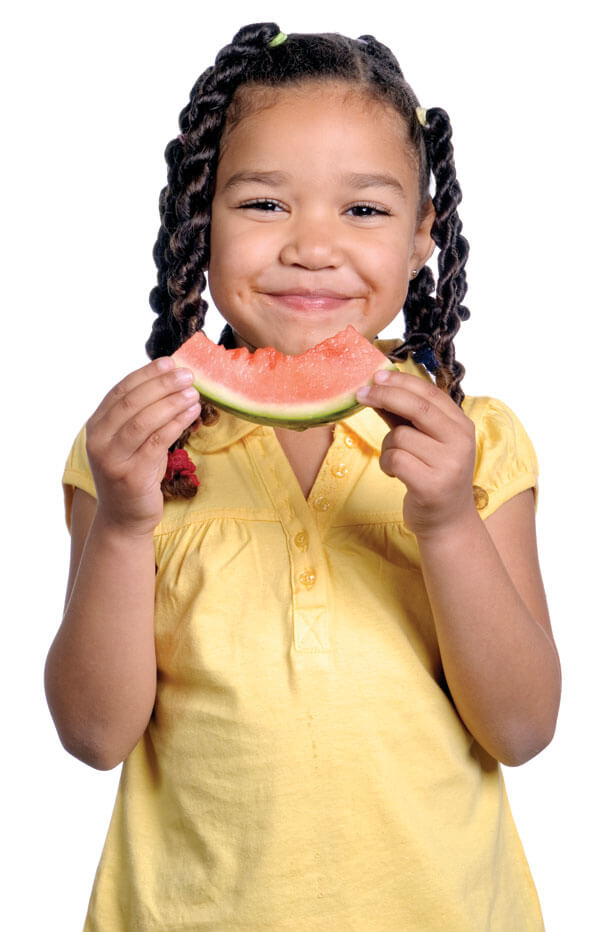How can I help my child be prepared for learning at school
Seven very important ingredients for learning are:
1. Plenty of love
Providing your child with plenty of love and responding warmly to her cues.
2. Talking and listening
Your child learns when you talk with her. Singing, rhyming and reading also build her skills. Even before she can speak, she can tell you things through signals or cues. Respond to her and listen to her when she speaks and she will learn how to communicate with you and others. Check your child’s speech and language development using the Looksee Checklist.
3. Play, play, and more play
Different types of play help your child grow and develop. Spend time playing with your child. That is what she likes best. You can also take her to play groups and programs for families to help your child get used to playing with other children. Find an EarlyON child and family centre near you.
4. Daily physical activity
Provide opportunities for physically active play to help your child develop skills, strong bones and muscles, and improve mental health.
5. Good nutrition starts in the home
Healthy eating gives your child the building blocks for proper growth and development as well as providing the energy to learn, play, and stay healthy.
6. Daily routines
Routines make your child feel secure and avoid difficult behaviour. Have daily routines for waking up, eating meals and snacks, going to bed and playing (actively and quietly). Sometimes, the classroom or the school routines need to be adjusted to accommodate a child who has a special need. In daily routines don’t forget to include special events, such as birthday parties, outings, or cultural celebrations. To find out more about routines for starting school, go to the routines and self-help quiz.
7. Regular health and development check-ups
Your child learns best when she feels well, can hear and see well, and is eating healthy food. Health checks and immunizations help keep your child healthy. Any health problem your child may have, should be addressed early, so that she can do well in school. To find out more about your child’s health, access the Looksee checklists.
You also help your child learn when you talk with her about school and communicate with her teacher and early childhood education team.
How can I know how my child is doing?
All parents want their children to do the best they can in school and in life. The Looksee checklists by ndds is an easy to use method of recording the development and progress of your child within certain age groupings. The checklists are not meant to be a substitute for the advice and/or treatment of health care and child care professionals trained to professionally assess the development and progress of your child. There are several checklists for various ages. The checklist asks if your child can do certain things at a certain age in the areas of:
- Vision
- Hearing
- Speech and language
- Large muscles
- Small muscles
- Thinking and learning
- Social
- Emotional
- Self-help
Ontario residents can download and photocopy the Looksee checklists and tips for free.
Checklists, quizzes & more information
Here are a number of checklists & quizzes that can help you track how your child is doing:
- School-related nutrition information
- Vision checklist
- Your child’s smile – A dental checklist
- Immunization information
- Routines and self-help checklist
- Parent quiz
If you have concerns or questions about your child’s progress contact:
- Your health care provider
- Your local public health unit
- Your community health center
- Your child’s teacher and early childhood educator team
- Your local infant and child development services. For information about infant and child development services and to find a center near you.
School-related nutrition information
Find out if your child is a healthy eater and take action to improve eating habits by completing a quick nutrition questionnaire.
The following information will help you provide good nutrition for your child once she starts school
- Provide your child with a healthy breakfast every morning. It offers your child energy and nutrients that her body needs to grow and her brain to learn.
- Your child will likely have to bring two snacks to school and a lunch. For ideas on healthy school lunches and snacks, visit the Dietitians of Canada website.
- Find out about the food allergy policy at your child’s school to ensure your child’s lunches are allergy-safe. Make sure your child knows not to share food with other children at school.
- Think about the containers and packaging for your child’s lunches and snacks. Many schools ask parents to send reusable containers to reduce waste. Make sure your child can open and close the containers in her lunch box. Help your child learn how to open and close her backpack, lunch box and containers.
- Make water the drink of choice. Other healthy drinks for a meal include white (unsweetened low-fat) milk and unsweetened fortified soy beverage. On hot days or school outings, send extra water for your child to drink.
- Make sure your child’s food is safe to eat. Use an ice pack in your child’s lunch box to keep refrigerated foods cold. Cut foods into small pieces to ensure they are not choking hazards. Teach your child proper hand washing before and after eating.
- When your child returns from school, you can offer a snack, especially if dinner is still some time away. Offer meals and snacks 2 ½ to 3 hours apart.
- Encourage your child to listen to her hunger and fullness cues.
- Be a healthy eating role model by choosing a variety of healthy foods and cooking and eating together as a family.
- Include a variety of different foods in the meals and snacks you send to school with your child. For example, include vegetables and fruits, whole grain foods and protein foods. Go for healthy choices, such as vegetables, fruits or cheese and limit highly-processed foods.

For more information about your child’s nutrition or eating habits:
- Call Telehealth Ontario toll free at 1-866-797-0000.
- Ask to speak to the dietitian if you belong to a Family Health Team in Ontario.
- Contact your Public Health Unit.
- Contact your Community Health Centres.
- Ask your health care provider for a referral to a Registered Dietitian (R.D.). The Ontario Health Insurance Plan (OHIP) covers the cost of an R.D. in a hospital, family health teams and community health centers.

